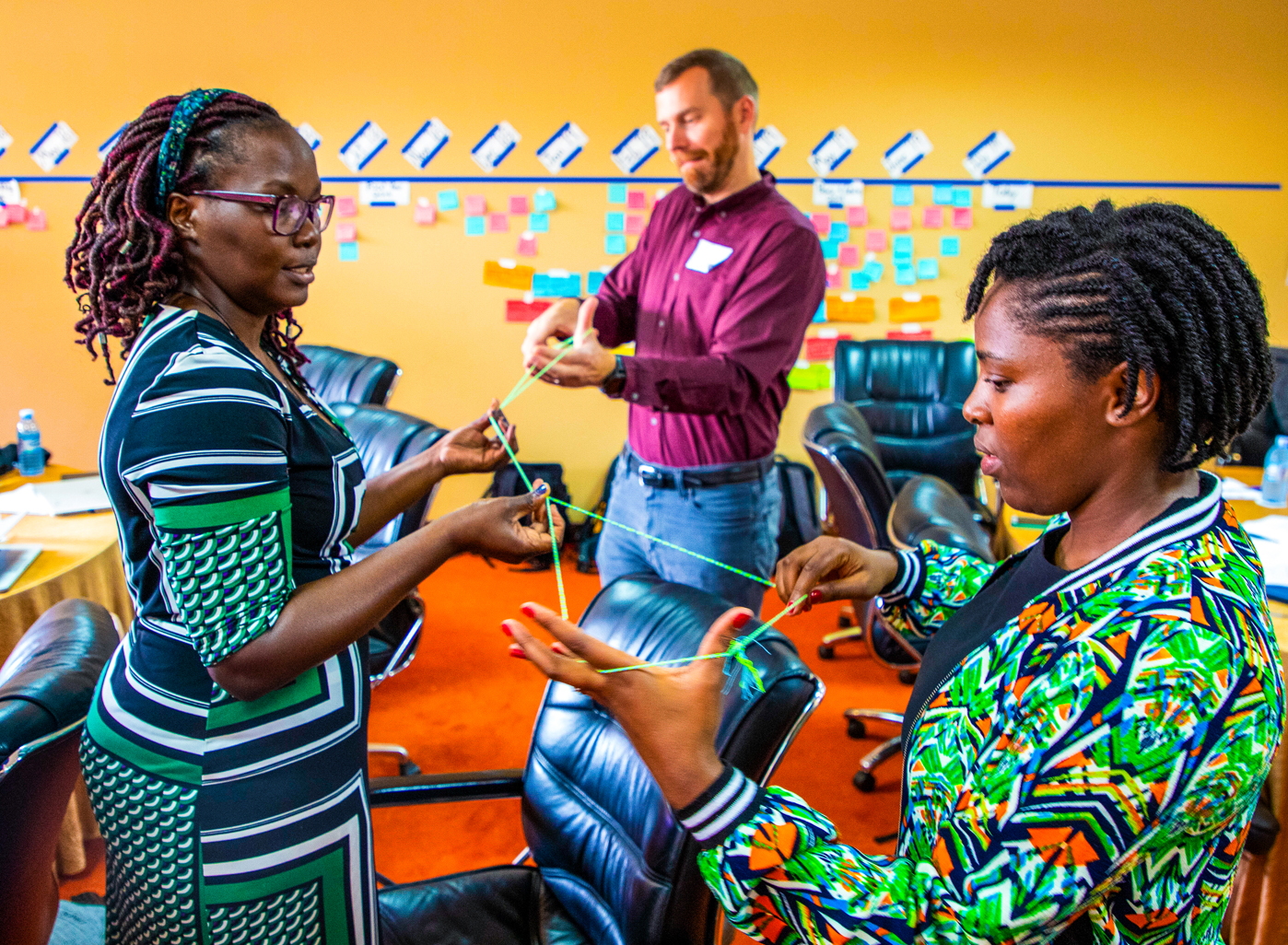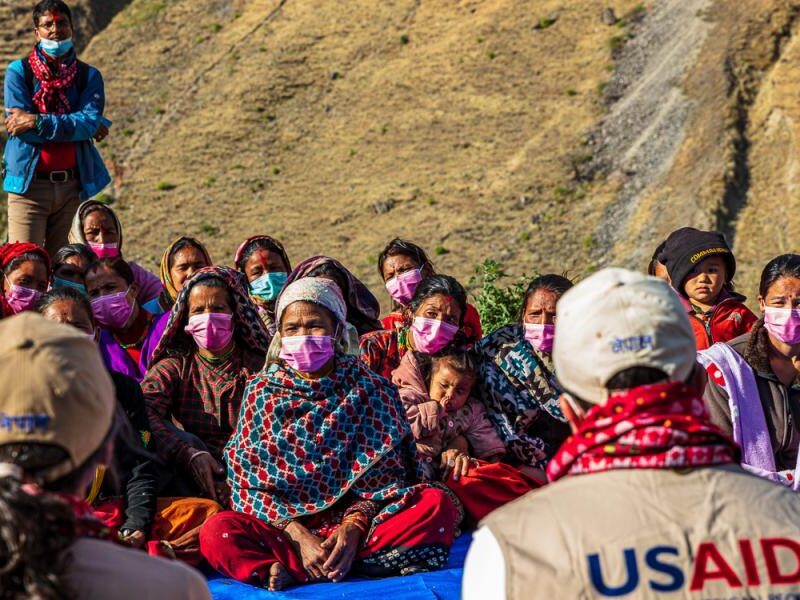This blog was first published on the Small Business Association for International Companies website.
As we reflect on the dynamic landscape of 2023, it’s evident that small businesses continue to be vital contributors to the success and evolution of USAID’s highest-priority initiatives. At Environmental Incentives (EI), a highlight of our past year has been digging into and expanding our commitment to supporting the Agency to meet its ambitious localization targets. The message and lessons are clear—locally led development is effective development, and small businesses have a key role to play in nurturing the enabling conditions for localization to succeed.
While attending USAID’s Regional Overseas Small Business Conference in Bangkok this November, I sensed a mix of commitment, excitement, and fear about localization among my small business colleagues. These feelings make sense to me—uncertainty and a little discomfort are the natural tagalongs to changing circumstances. More than anything, the changing landscape demands a fresh perspective and a willingness from all parties, including donors, implementers, and local organizations, to imagine new ways of working. In this blog, I aim to share some reflections on the role of small businesses in localization, drawing from our experiences with Missions, particularly focusing on our support to USAID/Brazil.
USAID/Brazil initially brought EI in to support their implementation of the Partnership for Conservation of Amazon Biodiversity. The Partnership is part of a strategic partnership with the government of Brazil and local organizations, which puts the Mission in the mindset of catalyzing outcomes as a partner rather than supporting direct delivery of services. To achieve this, the Mission needed to engage numerous local and Indigenous organizations, private sector entities, and government bodies, many of whom had not worked previously with USAID or each other. Initially tasked with facilitating activity design exercises and developing MEL frameworks, our role organically expanded to address broader challenges associated with localization, including co-creation and stakeholder engagement, coaching, and capacity building for partners new to working with USAID, trust-building to help diverse local actors collaborate effectively, and generally serving as a problem-solving and thought partner to the Mission to keep the process moving forward. Three key observations emerged from our experience in supporting USAID/Brazil:
1. Building Trust and Meaningful Engagement
Building trust is foundational to successful collaboration, and it takes time. We helped the Mission identify pain points and then designed and facilitated trust-building engagements, connecting local organizations and the Mission to develop a shared vision, overcome power imbalances, and make transparent and informed decisions. Meaningful engagement was the key to ensuring that local voices shaped programming.
2. Responding to New Demands
Localization can generate new demands for Missions. The local partner landscape may be unfamiliar to Mission staff, requiring systems mapping exercises that small business partners can expertly deliver. Post-awards, new local partners will need support, patience, and time to develop organizational capacity and experience to manage those awards with confidence. Again, small businesses can provide a critical service in supporting organizational capacity building by developing monitoring toolkits as we did with USAID/Brazil or facilitating learning for local organizations across activities, which we have done with USAID in Peru.
3. Missions as Conveners
USAID/Brazil played a valuable convening role, seeking to engage the private sector alongside community-based and Indigenous partners. They had to overcome barriers of trust, opportunity, and access to unlock meaningful engagement. Our role was to support the Mission to create spaces and dialogues that brought these groups together, identifying common goals and interventions while ensuring transparency in monitoring and decision-making.
Delivering on What We Know Best
In conclusion, localization is a system-strengthening effort that creates many opportunities for USAID, local partners, and small businesses to work together. As any small business leader knows, navigating uncertainty is part of a small business’s DNA. Our experiences show that localization offers small businesses the opportunity to deliver on what we know best to support USAID in facilitating stronger processes, meaningfully engaging stakeholders, and adaptively managing a localized portfolio.



